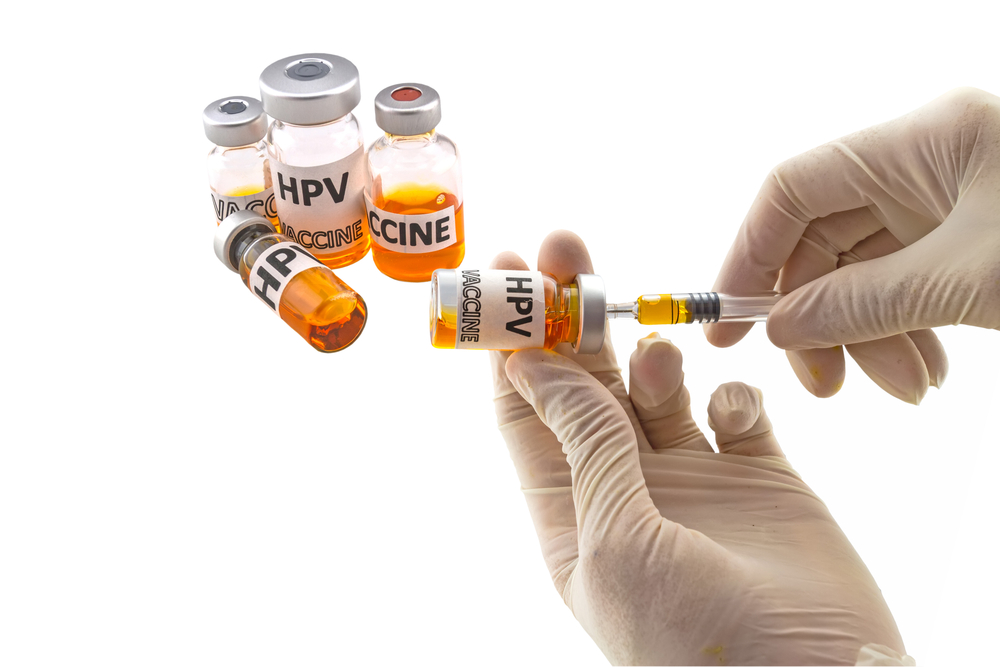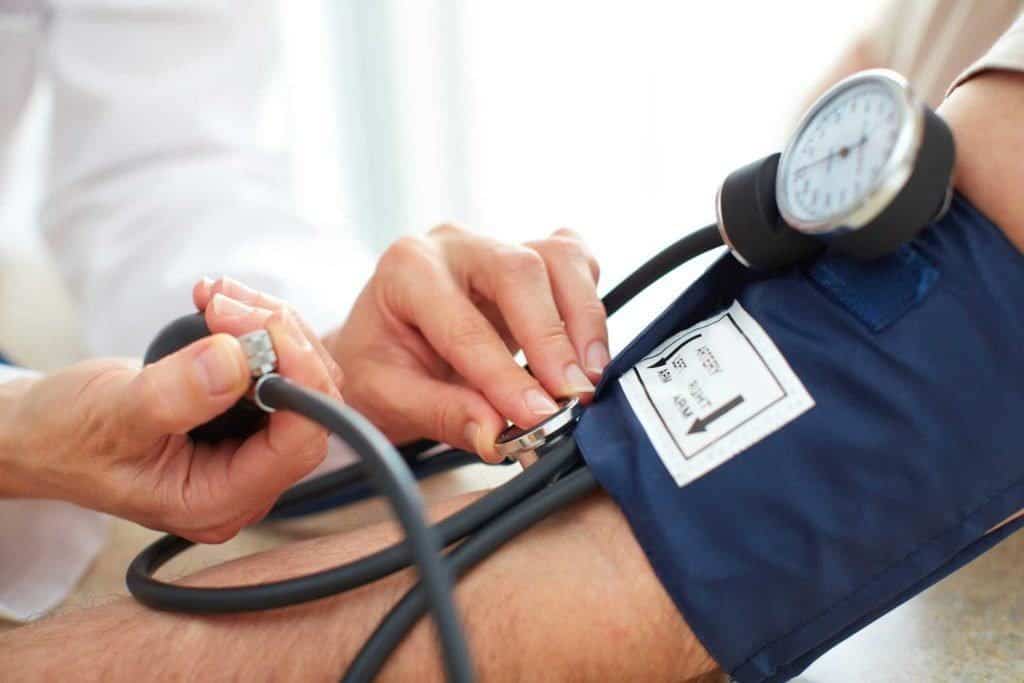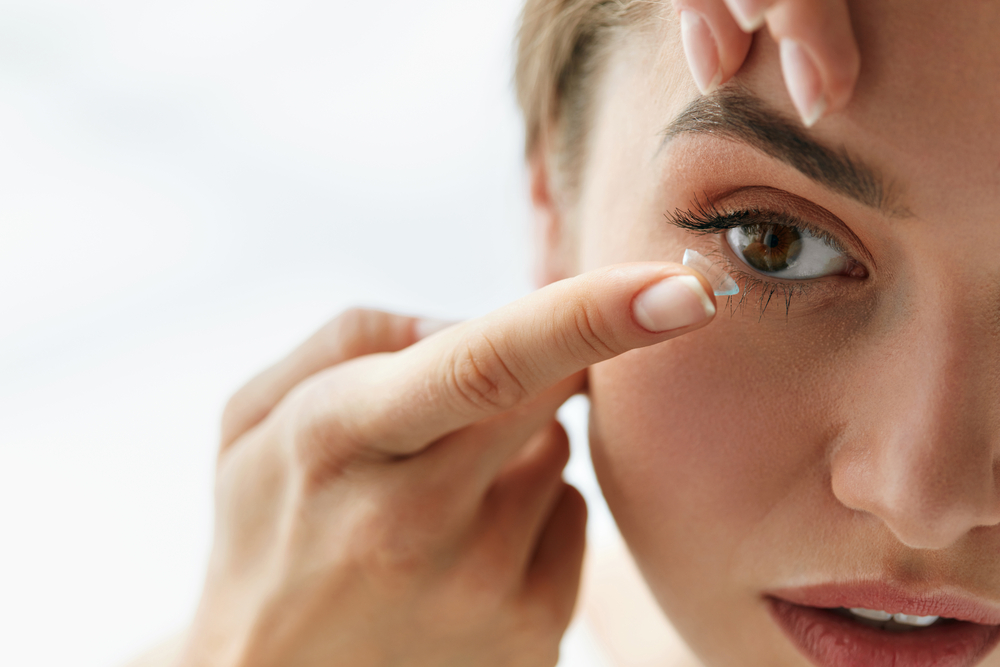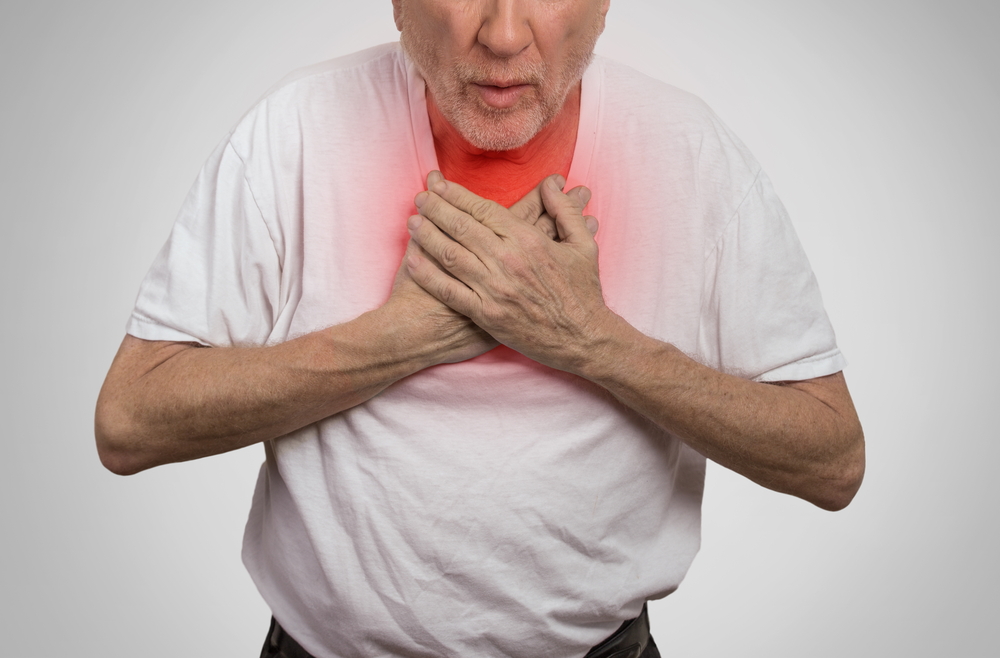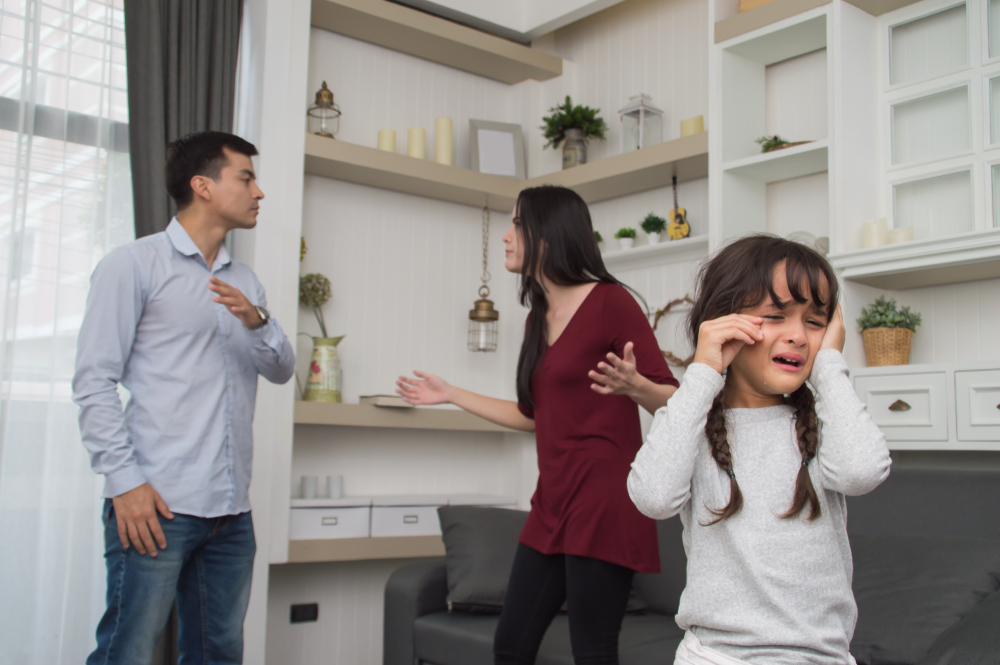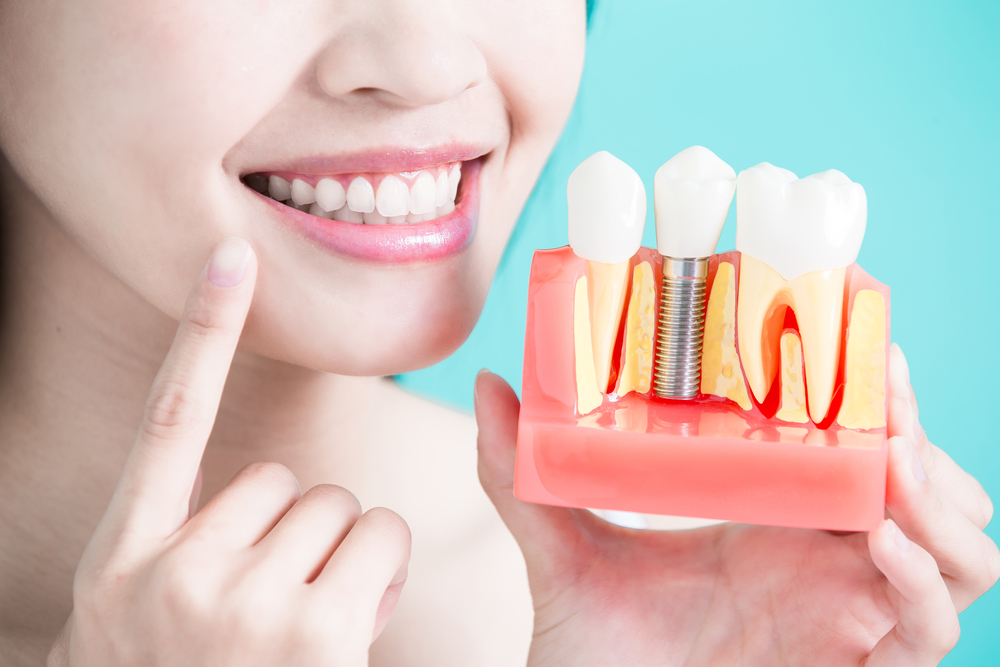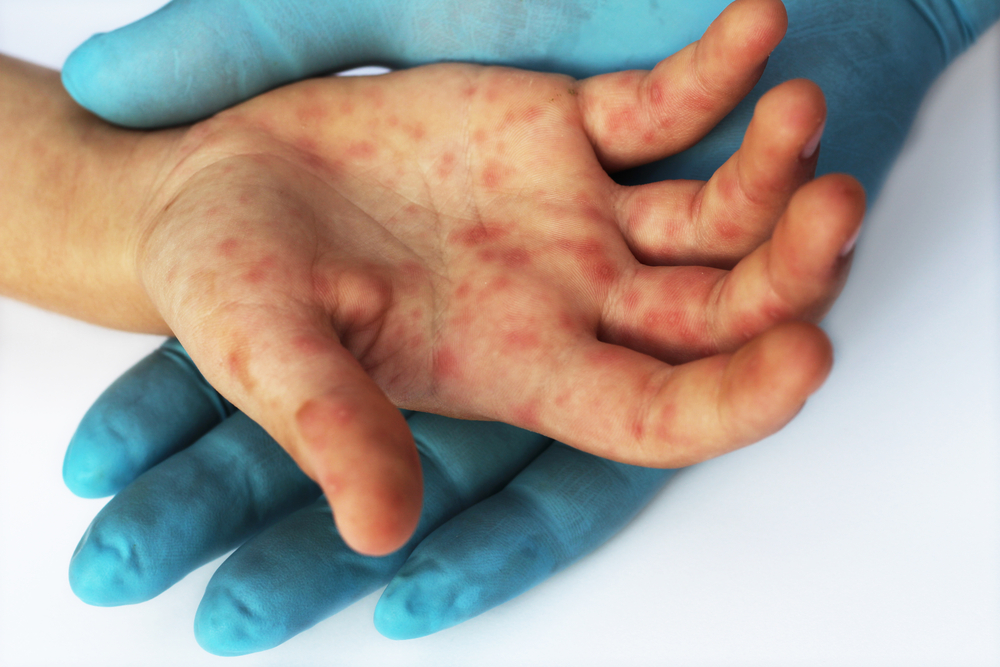Contents:
- Medical Video: Confronting Cancer: MD Anderson shares the facts for the HPV vaccine
- What is a cervical cancer vaccine?
- Who should get the cervical cancer vaccine, and when should it be given?
- Who can't get the HPV vaccine?
- Does the HPV vaccine have side effects?
- Do women who have received a cervical cancer vaccine still need to do a Pap smear test?
- I have had sex but have never received an HPV vaccine. How do I prevent cervical cancer?
Medical Video: Confronting Cancer: MD Anderson shares the facts for the HPV vaccine
Cervical cancer is the second most common type of cancer that attacks women. Most cervical cancers are caused by Human Papillomavirus (HPV). Therefore, HPV vaccination or often referred to as a cervical cancer vaccine, is one of the best ways to prevent cervical cancer.
What is a cervical cancer vaccine?
What is often referred to as the cervical cancer vaccine is actually the HPV vaccine.Various types of HPV viruses are spread through sexual contact, but even people who have never had sex can still get HPV. Most cases of cervical cancer are associated with this virus.
Based on agreement Food and Drug Administration (FDA), there are three types of HPV vaccines for girls and boys.All three vaccines can prevent most cervical cancer cases if given before a woman is exposed to the virus. In addition, the three vaccines can prevent vaginal and vulva cancer in women, and can prevent genital warts and anal cancer in women and men.
Giving a cervical cancer vaccine to boys can also help protect and reduce transmission to girls. Some types of HPV have also been linked to cancer in the mouth and throat. So this vaccine might also protect you from cancer of the mouth and throat.
Who should get the cervical cancer vaccine, and when should it be given?
According to Centers for Disease Control and Prevention (CDC), HPV vaccines are given routinely to girls and boys aged 11 or 12 years, although some organizations recommend starting the vaccine from the age of 9 or 10 years.
It is ideal for girls and boys to receive vaccines before they have sexual contact and are exposed to HPV. Because once you are infected with a virus, the vaccine will not work effectively, or it may not work at all.
Research has shown that getting a vaccine at a young age does not make a person become sexually active earlier. In addition, the response to vaccines is better in young people than in older ages.
In October 2016, the CDC renewed the HPV vaccine schedule by suggesting that all adolescents aged 9 to 14 receive two doses of HPV vaccine at least every six months. Teenagers who are just starting a vaccine when they are 15 to 26 years old are advised to receive three doses of the vaccine.
Who can't get the HPV vaccine?
This HPV vaccine is not recommended for pregnant women or people who are seriously ill. Tell your doctor if you have a severe allergy. If you also have a life-threatening allergic reaction to the content or components of a vaccine or previous vaccine dose, you should not be allowed to get this vaccine.
Does the HPV vaccine have side effects?
The most common side effects of the HPV vaccine include pain, swelling or redness at the injection site. Sometimes dizziness or fainting occurs after vaccination.
Sitting for 15 minutes can reduce the risk of fainting after vaccination. In addition, headaches, nausea, vomiting, feeling tired and weak can also occur after this vaccine is done.
Do women who have received a cervical cancer vaccine still need to do a Pap smear test?
The HPV vaccine cannot replace the test PAP smear. Routine examination of cervical cancer through tests PAP smear an important part of a woman's health care.
Test PAP smear is a test that can check the condition of cells in the cervix (cervix) and vagina. With routine checks, doctors can immediately detect if there are cell changes that might develop into cancer. The Pap test should start at the age of 21 years.
I have had sex but have never received an HPV vaccine. How do I prevent cervical cancer?
Whatever your age, whether you have had sexual relations or not, you should get an HPV vaccine. You may not have been infected with HPV from a previous sexual relationship.For this reason, the HPV vaccine will protect you for future sexual relations.
HPV spreads through sexual, oral, vaginal, or anal contact. To protect yourself from HPV, use a condom every time you have sex. Besides that, don't smoke. Smoking increases the risk of cervical cancer.
To detect cervical cancer at an early stage, do a health check with a routine Pap smear test that starts at age 21. Contact your doctor immediately if you see cervical cancer signs or symptoms such as vaginal bleeding after sex, when you are not menstruating, or after menopause, or if you feel sick during sex.

